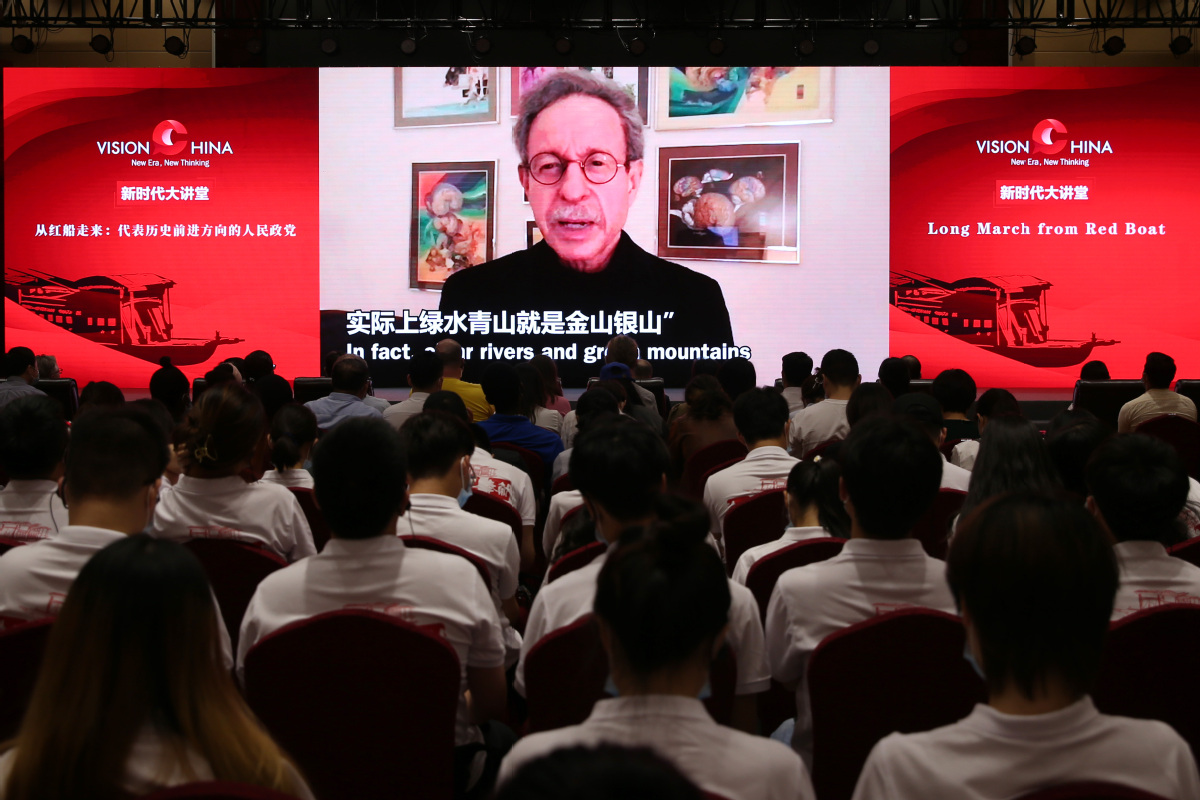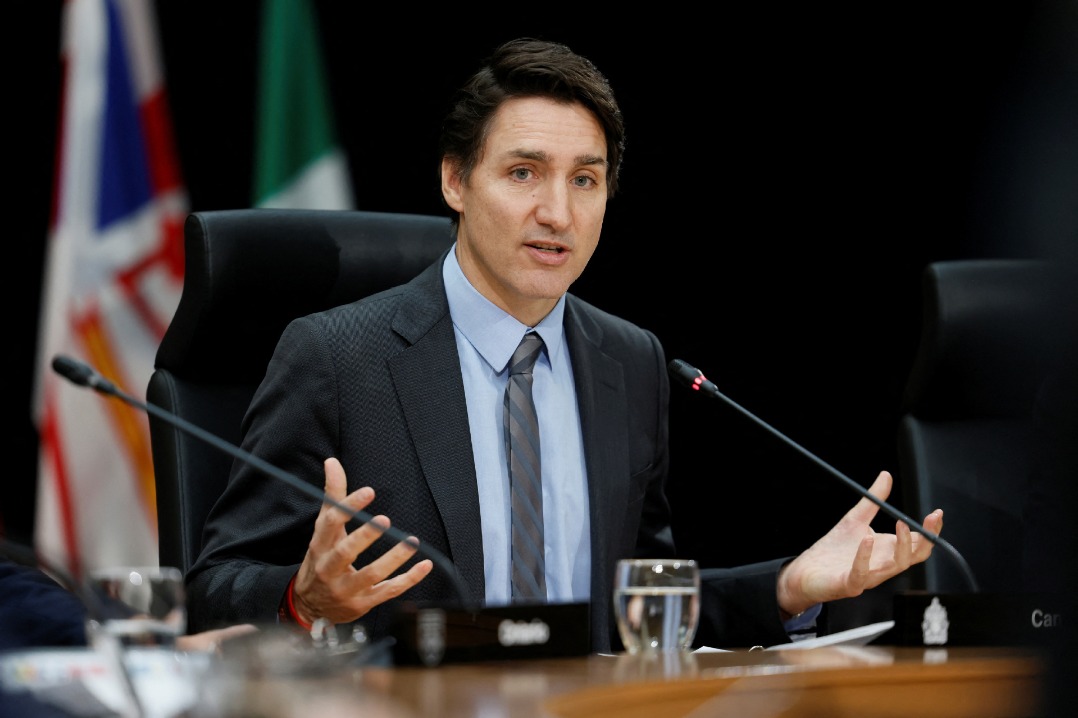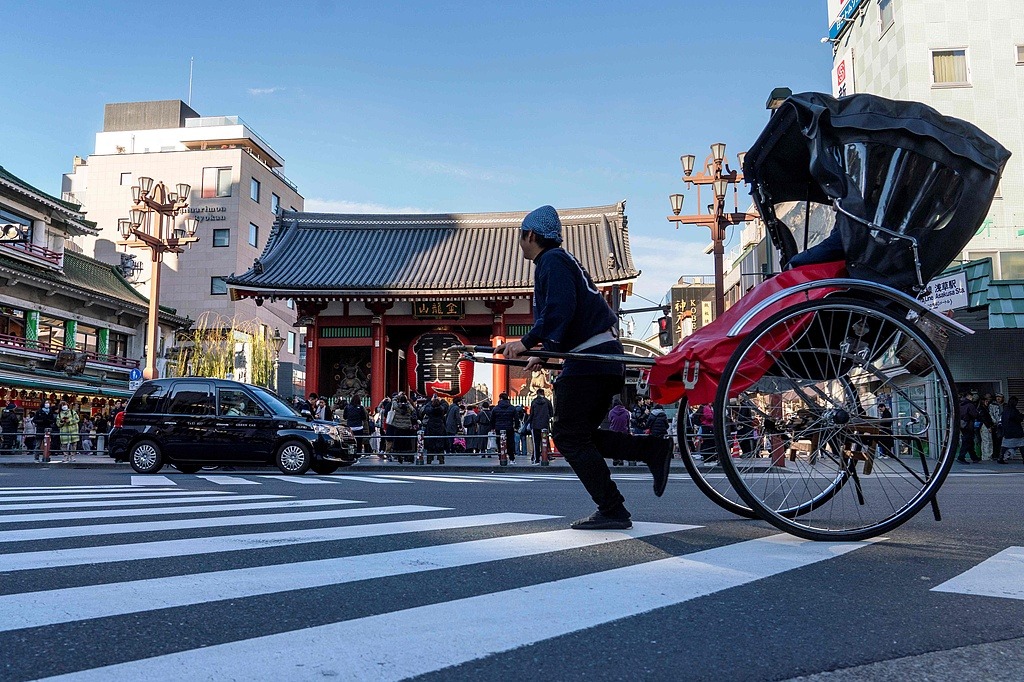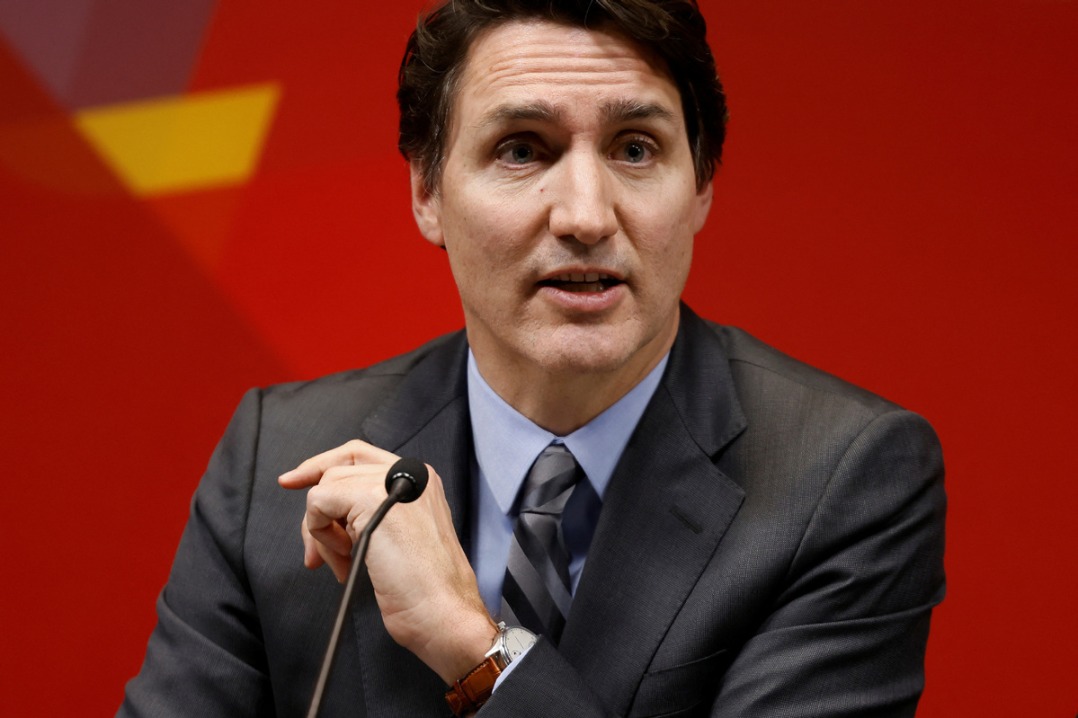Nation's long-term vision on track to making further progress


Robert Kuhn still has a vivid memory of his conversation with President Xi Jinping back in 2006, when Xi was the secretary of the Communist Party of China Zhejiang Provincial Committee.
Even though Zhejiang was one of China's fastest-growing regions at that time, Kuhn, chairman of the Kuhn Foundation and honoree of the China Reform Friendship Medal, recalled Xi telling him that "we should have a cautious appraisal of our accomplishments. We should never overestimate our accomplishments or indulge ourselves in our achievements".
It was under the same guiding principle of "continuing to improve" that Xi this year outlined China's growth strategy going forward, including steps to reduce relative poverty, close the wealth gap and work toward common prosperity after having declared a complete victory in the battle against absolute poverty in rural areas, he noted. Xi has also stressed the need to pursue a rural vitalization strategy in the next step.
"This must be China's long-term commitment, and he (Xi) allows no delay in making the transition," Kuhn said at the latest Vision China event.
He went on to explain that creating common prosperity exemplifies China's long-range vision to the years 2035 and 2050, when China's goal is to have become a "fully modernized, socialist nation".
"Without common prosperity, there can be no social stability, no national rejuvenation," he said.
The event was held after Zhejiang was named a demonstration zone for achieving common prosperity through high-quality development in an official guideline released earlier this month.
According to the guideline, by 2025, Zhejiang should achieve a per capita GDP of moderately developed economies, with the majority of its population being middle-income. By 2035, Zhejiang should basically achieve common prosperity, with a per capita GDP of developed countries, including rural and urban residents.
"An essential part of the plan is rural vitalization, narrowing the urban-rural gap," Kuhn said.
His trip to Zhejiang brought him to Anji county, where Xi catalyzed the county's pioneering transformation from a hub of mining and cement production into a green center of eco-friendly agriculture, industry and tourism.
It was also in the county where Xi said the well-known line that "lucid waters and lush mountains are invaluable assets", and Kuhn said Anji has proved him right.
In 2012 Anji became China's first county to receive the UN Habitat Scroll of Honor Award for improving its environment.
Kuhn provided another example of Zhejiang's innovative practice of protecting the environment, also known as an eco-compensation mechanism.
To solve the problem of river pollution that came from upstream of Qiandao Lake, a well-known tourist attraction and an important water source in the region, the provincial authorities of Zhejiang and Anhui-a less developed area where the upper part of the lake is located-established a mechanism in 2012.
"Under this mechanism, if water from Anhui attains a mutually agreed standard, Zhejiang would pay Anhui. And if it didn't, then Anhui would pay Zhejiang," he explained.
"The Chinese nation cannot be rejuvenated if its environment remains massively polluted. Zhejiang's eco-compensation system is a novel idea-a new way of thinking-to help solve what once seemed like an intractable problem," he added.
Kuhn said that those who recognize China's unprecedented success in both pandemic control and poverty alleviation must recognize as well that the country's commitment to environmental protection is serious and enduring.
"They must also recognize its direct relationship to overall Party leadership, and a strong, command-down, Party-led government," he said.































